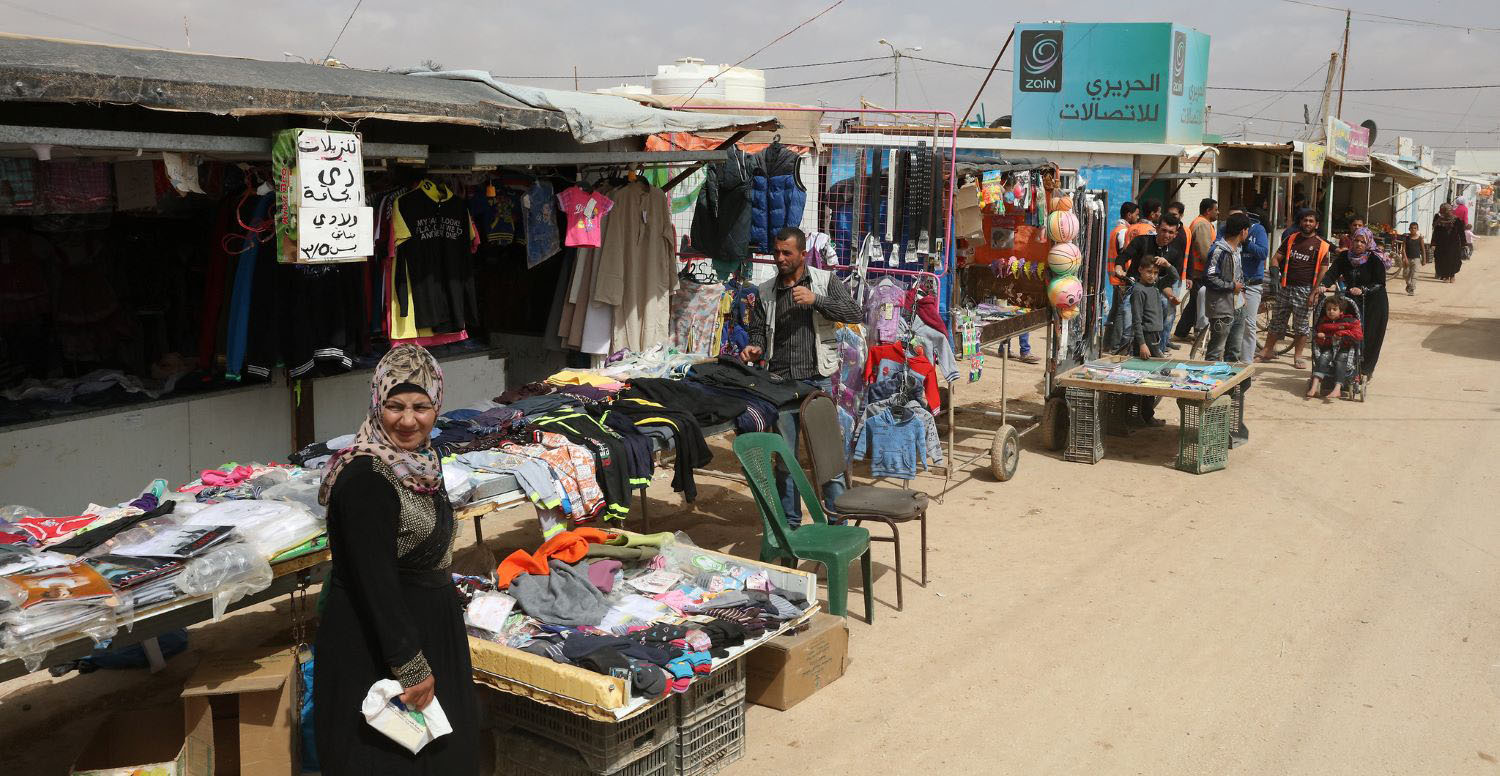If you thought the immigration debates of the last few months were rough, hold on to your visas, because it’s about to get ugly. The Senate Gang of 8’s comprehensive immigration reform bill, the Border Security, Economic Opportunity, and Immigration Modernization Act, has been released. And at the epicenter of these debates is the provision creating visas for what are often called “guest workers”—an issue close to CGD’s heart.
Michael Clemens and Lant Pritchett have been on the bleeding edge of migration economics for years now, and their research demonstrates increased labor mobility would do more for the developing world than elimination of trade and investment barriers—combined.
Let’s assume that if you’re on CGD’s website, you’re pretty sold on the idea that more migration is good for the developing world (if you’re thinking “brain drain,” please consider here).
But is an influx of temporary low-skill workers good for the United States?
An emphatic yes.
Michael and Lant’s latest brief, “Time-Bound Labor Access to the United States: A Four-Way Win,” explains why the US needs more lesser-skilled workers—the issue that is one of the most divisive pieces of the immigration reform debate thus far. They argue that increasing temporary visas for low-skill workers is a win for the United States and for developing countries. In fact, it’s a four-way win: for the US middle class, US low-skill workers, US border security, and for workers in the developing world eager to come here to improve their prospects and the lives of the families.
Here’s why a well-designed guest worker program is good for everyone:
(1) There aren’t enough Americans for low-skill jobs over the next two decades—and we need low-skill workers to support high-skill workers.

[Tweet this]
(2) Low-skill guest workers create more—and better—jobs for Americans.
[Tweet this]
(3) A well-designed guest worker program actually helps to secure American borders. Without one, the black market for labor will only continue to grow.

[Tweet this]
(4) Low-skill guest workers benefit massively from access to the US economy, as do their families. A well-designed legal program can protect these workers from exploitation, a black market leaves them vulnerable.

[Tweet this]
As Michael and Lant point out, the choice we have on guest workers “is not between having foreign workers fill jobs and not having them fill jobs. The choice is between laws that fuel US economic growth and job creation and laws that starve the US economy while creating vast and potentially dangerous black markets for the labor the economy needs.”
So, does the Senate bill’s W Visa provision qualify as well-designed enough to give us this four-way win?
The provision as it stands is a political compromise and so certainly isn’t a development or labor economist’s dream, but it’s far from disastrous.
I’m particularly encouraged by what would be the creation of the Bureau of Immigration and Labor Market Research, within US Citizenship and Immigration Services, which would make an annual recommendation on the W Visa cap. But I do worry about having a politically appointed head, rather than say, a career economist (at least as of late last year, BLS didn’t have any political appointees working there).
The cap on 20,000 W-visas for the first year of the program is also discouraging—if politically necessary. However, after four years, we could see up to 200,000 W-visas annually. It’s not enough for a win on border security because it won’t address employer demand, but it’s better than the current system.
We’ll hear from Michael and Lant on this in the coming weeks. They have a lot of thoughts on what the ideal US guest worker program design should look like (the formula, the recruitment aspects, and more). So stay tuned.
CGD blog posts reflect the views of the authors, drawing on prior research and experience in their areas of expertise.
CGD is a nonpartisan, independent organization and does not take institutional positions.








